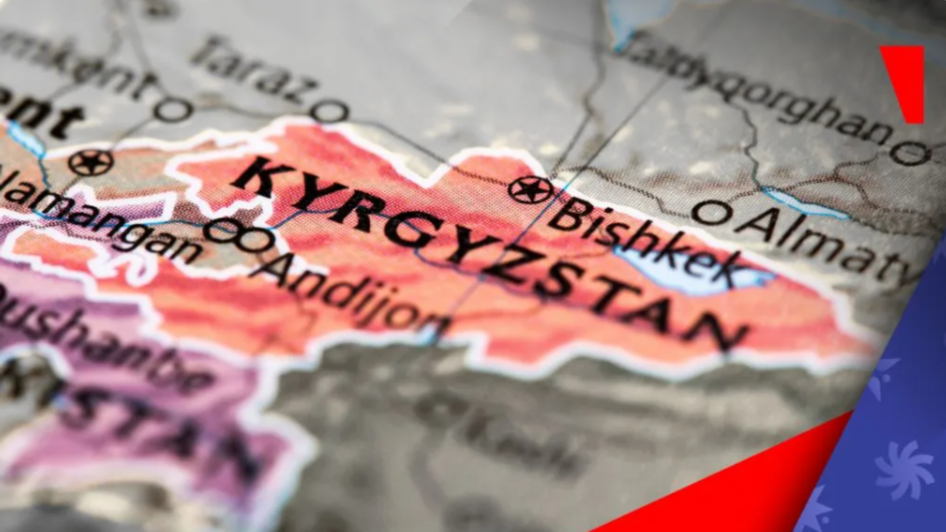
Kyrgyzstan has confirmed that it will unify all private lottery activities into a single, state-controlled system as authorities move to modernise the sector, increase transparency, and bring regulation in line with international standards. The initiative, announced this week, will be jointly implemented by the Information Security Centre and the state-owned enterprise Kyrgyzloto.
According to local media reports, under the new framework, all types of lottery draws will operate under direct government oversight. Officials say the move is intended to ensure complete visibility over financial flows, prize payouts, and operator compliance. The reform also seeks to eliminate opaque practices that have developed across fragmented and, in some cases, unregulated private operators.
A newly created Lottery Information Processing Centre will handle real-time data collection, including ticket sales, draw outcomes, and prize pool allocations. This centralisation will allow authorities to monitor irregularities, enforce rules more consistently, and identify suspicious activity at an early stage. Financial and fiscal oversight will be managed by the Ministry of Finance and the State Tax Service.
Sherik Kasmaliev, director of Kyrgyzloto, said the government plans to unify lottery rules and create a dedicated fund for targeted deductions. Revenue generated from the sector will be channelled into social and development programmes, rather than dispersed across private operators with limited accountability.
Government projections suggest that the national lottery could generate approximately $1 billion in tax revenues and licensing fees over the next decade. Officials argue that a state-run system will help retain earnings currently lost to unlicenced foreign platforms, which have attracted local players through online channels in recent years. Billions of som are believed to have flowed out of the domestic economy through such services.
Authorities also present the reform as a public-protection measure. By providing regulated alternatives, the government hopes to reduce consumer exposure to fraudulent operators and curb gambling addiction linked to online platforms. The reform is positioned as part of a broader effort to crack down on illegal gambling activity, following reports of unlawful lottery operations, including a recent case involving a YouTube-based draw.
According to government figures, in 2021, the shadow economy of Kyrgyzstan was around 21 percent of GDP, i.e. $1.8 billion, and that lottery mechanisms were one tool used to bring more economic activity into the legal/taxed sector.
Technology is a central element of the project. All data-processing and storage infrastructure will be located within Kyrgyzstan, a decision aimed at strengthening cybersecurity and limiting capital outflows. Developers say the system will protect personal data, reduce opportunities for manipulation, and ensure that regulatory agencies can intervene quickly when needed.
The authorities believe that centralisation will also regulate operations nationwide, removing regional discrepancies and closing loopholes exploited by smaller operators. By enforcing stricter compliance, the government hopes to create a stable and predictable revenue stream for the state budget.
But, opponents have raised concerns about market competition and regulatory overreach, but officials insist the changes are necessary to address long-standing oversight challenges. With digital gambling continuing to grow across Central Asia, Kyrgyzstan’s model could become a reference point for neighbouring states exploring tighter controls on the lottery and gaming sectors.
Be part of the action at SiGMA South Asia, 30 Nov – 02 Dec 2025. Colombo becomes the heart of gaming as 5,000 delegates, 100+ speakers, and 1,000 operators gather under one roof. With high-value traffic, game-changing insights, and unforgettable networking, this is where new markets meet new horizons.
#Kyrgyzstan #iGaming #Lottery #Regulation #Compliance #Transparency #ResponsibleGaming #GamingIndustry #CentralAsia